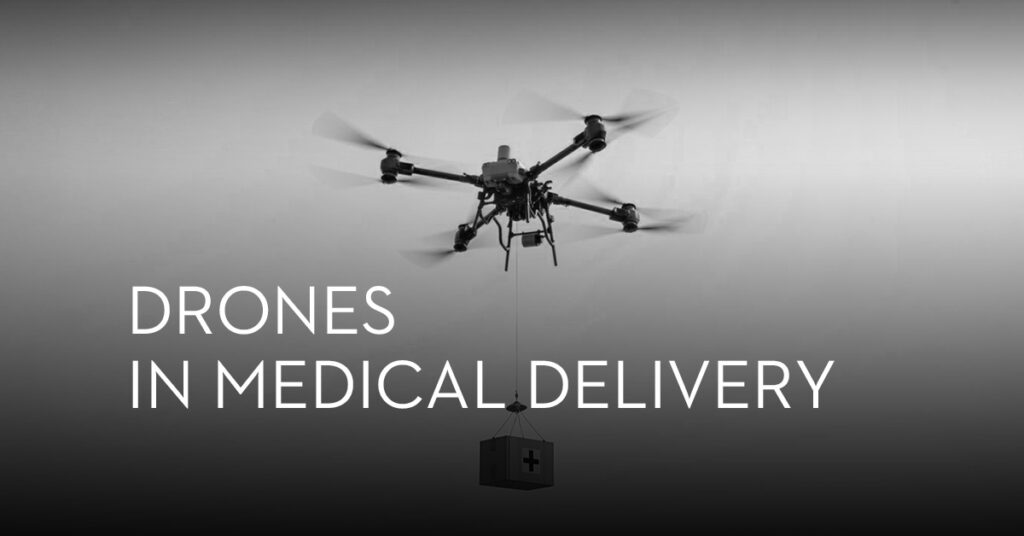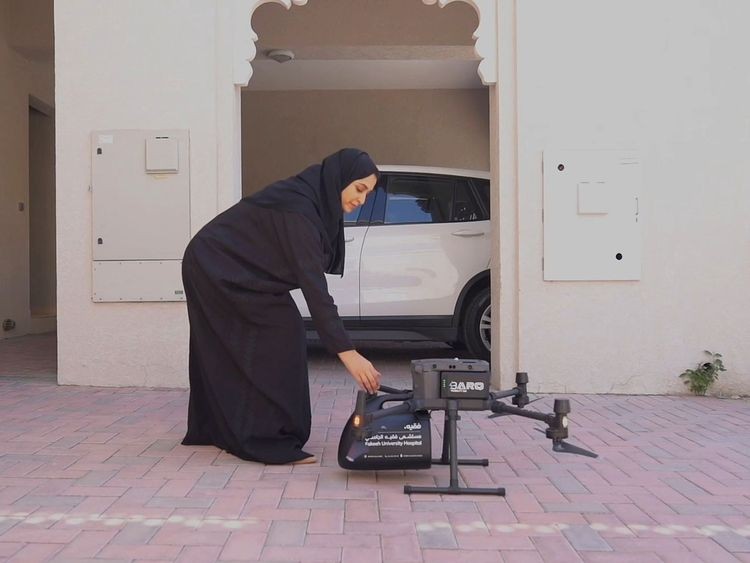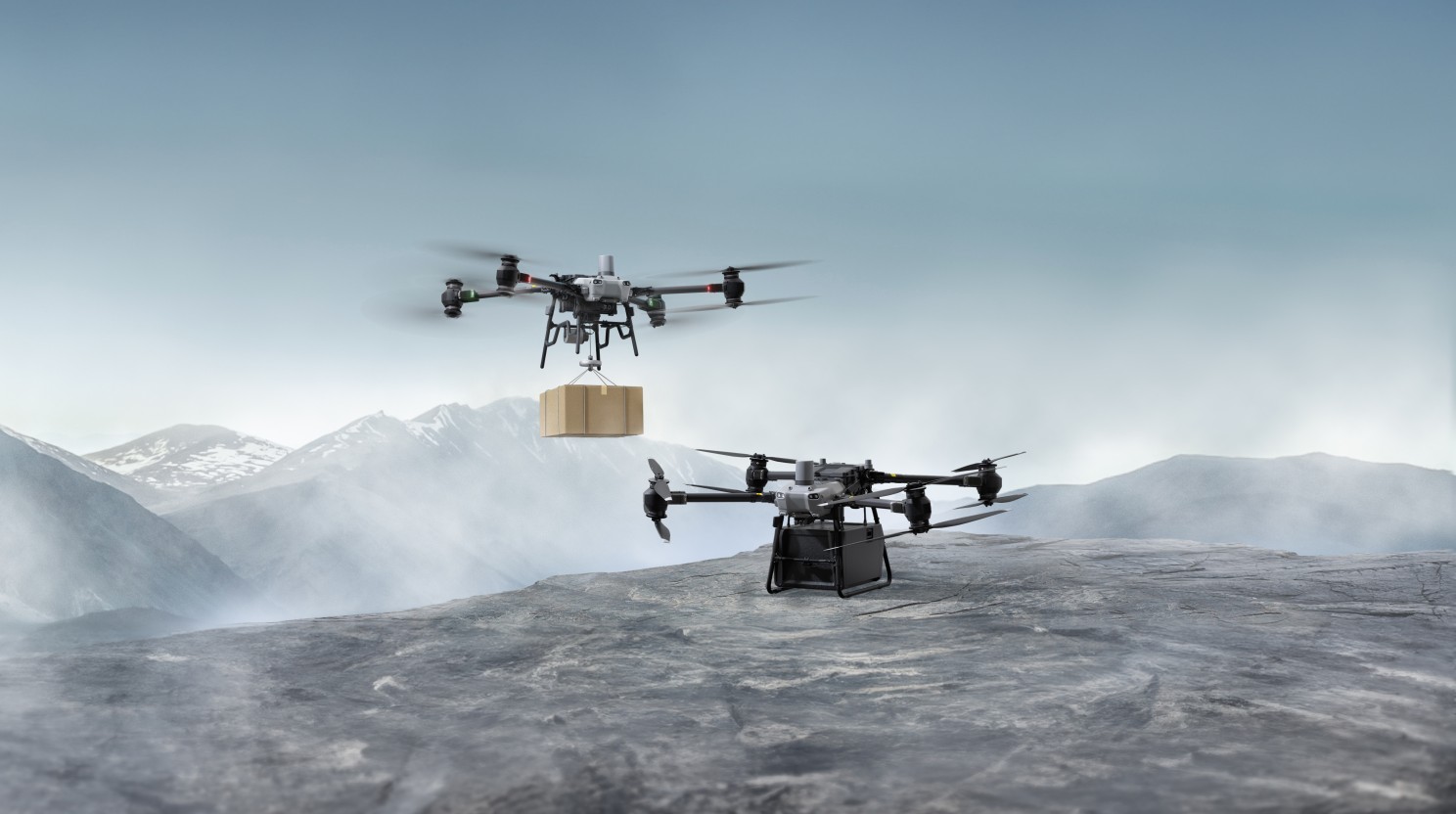
Abu Dhabi has launched a groundbreaking initiative to deploy drones within its healthcare sector. Announced by the Department of Health (DoH), this project is the first of its kind in the Middle East and North Africa. Set to be fully operational with 40 stations, these drones will operate around the clock, becoming a critical component in Abu Dhabi’s emergency response at healthcare facilities. This initiative also aligns with the UAE’s ambitious national strategies, including the Projects of the 50 and the Fourth Industrial Revolution Strategy, aiming to cement Abu Dhabi as a leader in drone-powered medical supply delivery.
This collaborative effort taps into existing infrastructures to revolutionise healthcare logistics, using drones to transport vital supplies like medicines, blood units, vaccines, and lab samples efficiently across the city. The project not only enhances emergency responses and patient care but also contributes to environmental sustainability by reducing traffic congestion and CO2 emissions. Moreover, it supports Abu Dhabi’s goal of developing a knowledge-based economy by creating new technical jobs, particularly for UAE nationals.

Switching focus to the Western world, In the UK, the Civil Aviation Authority (CAA) has put forth bold proposals to expand drone operations significantly, especially for critical medical deliveries. The new guidelines suggest permitting drones to fly beyond the operator’s visual line of sight (BVLOS), a major leap from the restricted trials of today. This would allow drones to fly at lower altitudes near buildings or infrastructure, enhancing their ability to deliver essential services while avoiding airspace conflicts.
Kevin Woolsey, head of remotely piloted aircraft systems at the CAA, emphasised the safety and strategic vision of these proposals, which are integral to the UK’s future flight program. This program seeks to seamlessly integrate drones into traditional airspace, heralding a new era in medical logistics and service delivery.
Recent innovations in the drone delivery landscape feature the DJI FlyCart 30, DJI’s latest delivery drone equipped with versatile delivery modes and redundancy features. This advanced drone is designed to handle sensitive medical supplies and equipment, including temperature-sensitive vaccines and even organs, with the utmost care. Boasting an impressive 40kg payload capacity, IP55 Rating and up to 16-kilometre range, the FlyCart 30 represents the pinnacle of sophisticated drone delivery and could be pivotal in boosting efficiency and improving accessibility in the healthcare sector.

Drone deliveries in the medical field significantly enhance the distribution of essential supplies such as blood and vaccines. By leveraging drones, healthcare providers can overcome several limitations of traditional delivery methods, notably the time efficiency in transporting urgent medical supplies. This advantage is particularly vital in regions with challenging terrain or inadequate infrastructure, where conventional ground transportation is not feasible. Drones ensure that crucial medical assistance is delivered promptly, thus extending the reach and effectiveness of healthcare services to remote and inaccessible areas.
As drone technology evolves, its potential to strengthen global healthcare systems grows exponentially. Drones not only promise faster and cheaper delivery solutions but also offer a scalable method to meet the increasing healthcare demands of people residing in hard-to-reach and remote regions. With new breakthroughs such as large and long-range delivery drones like the FlyCart30 the integration of drones into medical logistics represents a significant stride toward more agile, efficient, and equitable healthcare delivery worldwide!